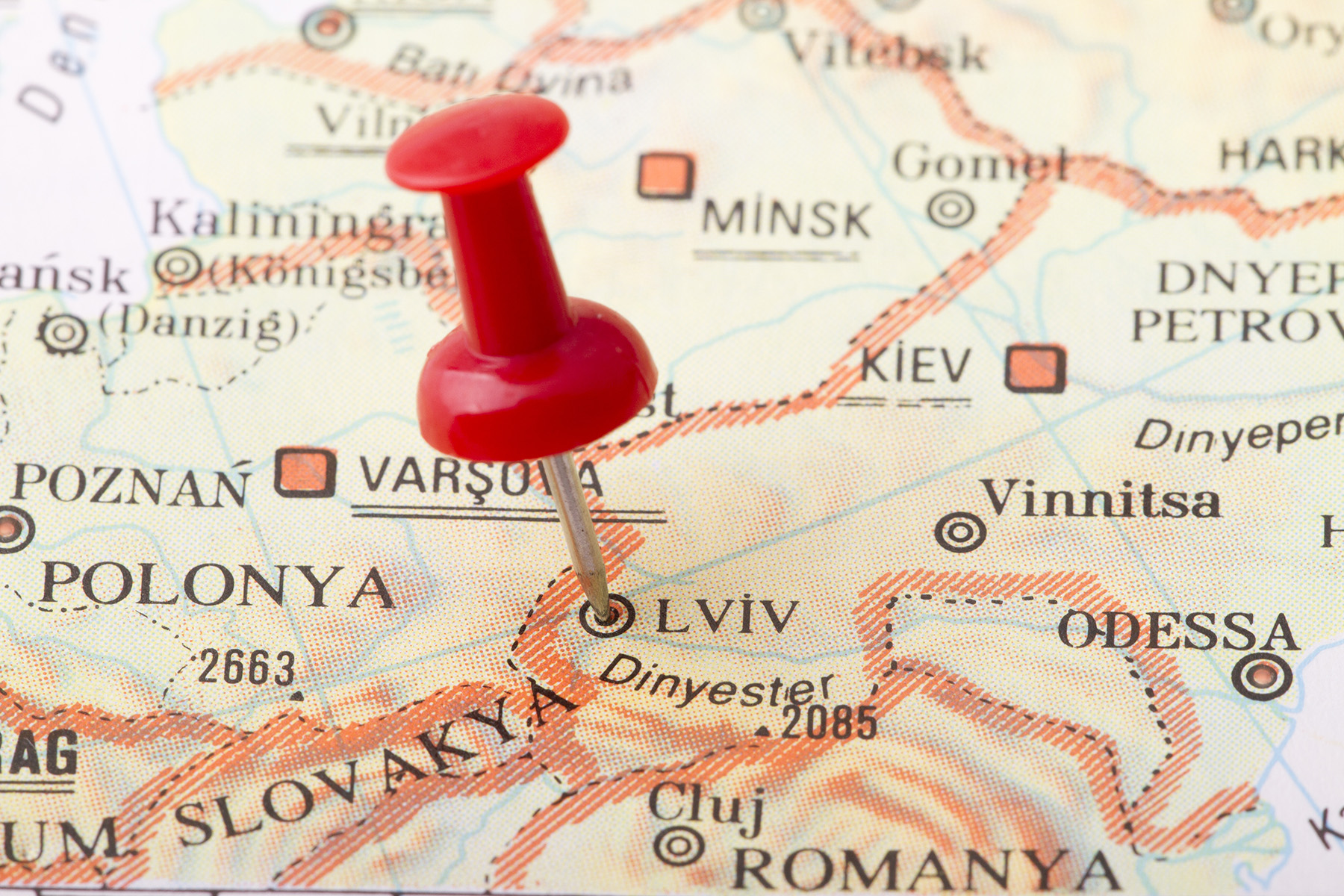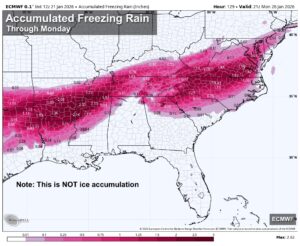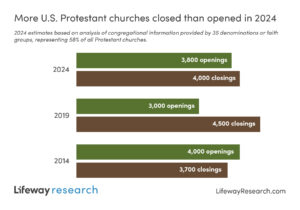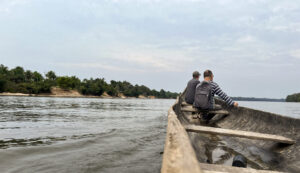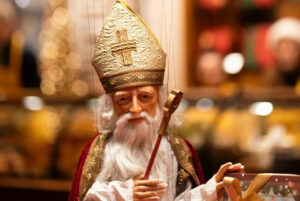LVIV, Ukraine (BP and local reports) – A Southwestern Seminary (SWBTS) graduate who now leads a seminary in Ukraine has told Baptist Press that Baptists in the western part of the country are making plans to shelter fellow believers if war breaks out in the eastern part.
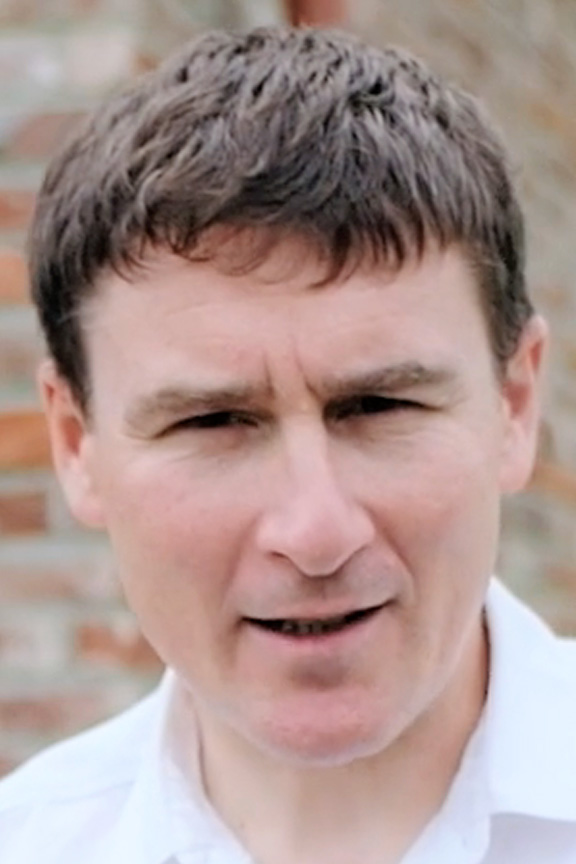
“If Russia will invade, they will invade in eastern part and northern part, and a little bit of south,” said Yarsolav “Slavik” Pyzh, president of Ukrainian Baptist Theological Seminary (UBTS) in Lviv.
“Churches already agreed. Those that are [in] the western part of Ukraine… told our brothers and sisters in other parts of Ukraine [that] if something happens, ‘we will open our homes and our churches to you.’”
Southern Baptists’ International Mission Board (IMB) declined for security reasons to comment on the status of any missionaries in the area. IMB President Paul Chitwood issued the following statement:
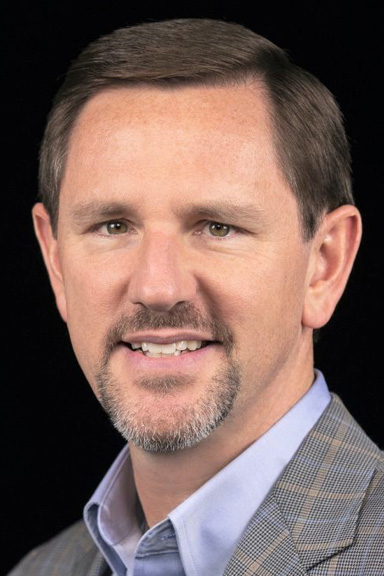
“In times of uncertainty, crisis, and disaster, we see the Lord actively at work drawing people to Himself. Many people are more open to spiritual conversations and ask questions about the truth and peace that is found in Christ alone when they face uncertain situations.
“Pray with us that Jesus Christ would be glorified through today’s global crises, particularly the crisis in Eastern Europe, and that Southern Baptists would remain vigilant in meeting the physical, emotional and spiritual needs of all peoples.”
Russia persecutes Christians at home through restrictions criminalizing evangelism outside church walls. Russia considers any church beyond the government-influenced Russian Orthodox Church to be sectarian or a cult.
Pyzh believes a Russian victory in Ukraine would more than likely lead to Ukraine being split into two countries, with eastern Ukraine falling under sway of the Russians and western Ukraine remaining independent. Baptist churches that would fall under Russian rule would likely spread the Gospel underground rather than abandon the faith, Pyzh said.
“You have to understand that historically we had that experience before under the Soviet Union,” he pointed out, “so the church did not forget what does it mean to be persecuted and I think that we will rearrange, reorganize, and still do what we always do — still preach the Gospel.”
About 400 of the 1,300 students enrolled in UBTS are from eastern Ukraine, Pyzh said, which would likely be the starting point for an invasion. UBTS has already helped Christian missionaries safely navigate the eastern region during the current threat of violence.
“I think here in the west [of Ukraine] we would have the opportunity to train more students, to train more people, facilitate some help, and support them in any possible way because I don’t believe that [Russian President Vladimir] Putin will come here,” he said.
Malcolm Yarnell, who taught Pyzh at SWBTS more than a decade ago, has asked Southern Baptists to pray for Christians in both Ukraine and Russia.
“I would pray first of all for peace and justice between the two nations,” said Yarnell, currently SWBTS research professor of theology. “I think that’s important for us to pray for, because we want human beings to be respected and to be treated with human dignity, and in wartime, if war were to happen, human dignity seems to go out the window.”
He described his second prayer request for the witness of the churches as closer to his heart. “Both Russian Baptists and Ukrainian Baptists believe firmly in religious liberty. They are respectful towards the state, but… they see themselves as coming under the Lordship of Jesus Christ and they want to serve Christ and they want to witness for Christ.
“Like Baptists in so many places, they have a strong legacy of asking for religious liberty, and this is true of all of the Baptists there.”
Pyzh encouraged churches in the U.S. to reach out to any Christians and churches in Ukraine with whom they’ve already established relationships, and to earnestly pray for Ukrainian Baptists and humanitarian relief in the event of armed conflict.
“I think if U.S. churches will renew their connections with Ukrainian churches, with Ukrainian entities, and ensure that ‘yes, we are with you; yes, we are praying for you; yes, we are ready to step in and help in case you need that help,’ that would be a tremendous encouragement for our people, that they are not alone in that.”
The evangelical church in the U.S. is in a better position to do so than the evangelical church in Europe, Pyzh said. “The evangelical church in Europe is not that strong, but the evangelical church — and [the] Baptist church in particular — in the United States are a lot stronger.”
About 2,000 churches are members of the Ukrainian Baptist Union, comprising about 100,000 believers. UBTS, located about 1,000 miles west of the Ukrainian-Russian border, has graduates serving in 230 Ukrainian churches, Pyzh said.
In 2014, Russia seized the territory of Crimea, which was claimed by Ukraine and is home to one of Russia’s only warm water military ports that can operate year-round. Observers believe Putin is upset because Ukraine aligns itself with the western world against its communist neighbor and wants to join the NATO military alliance.
He has also expressed his desire to restore the Soviet Union to its former positions of power and world influence, which was lost when the communist government collapsed in 1991.

